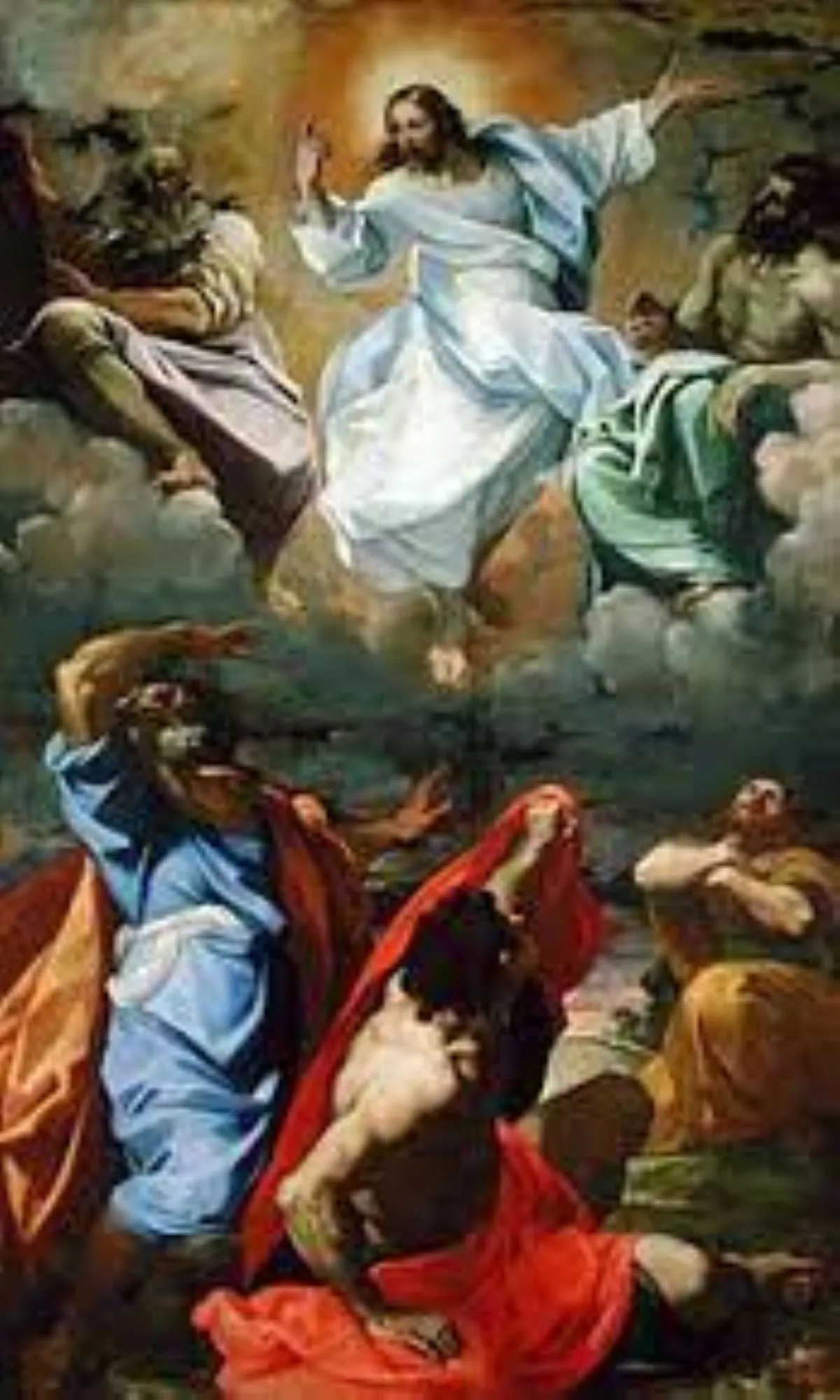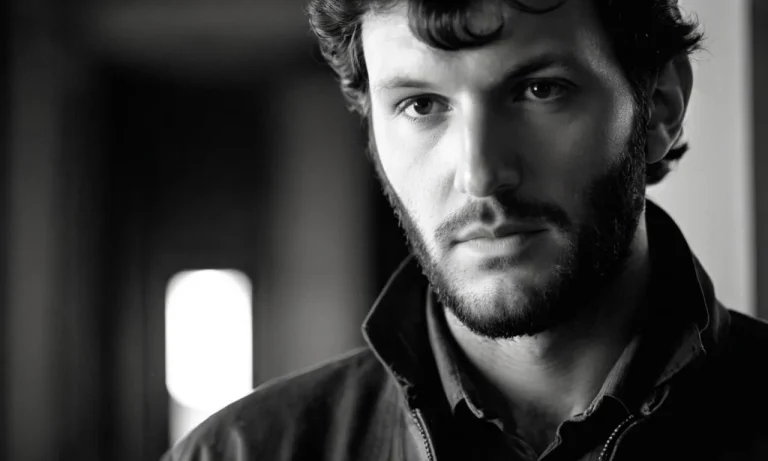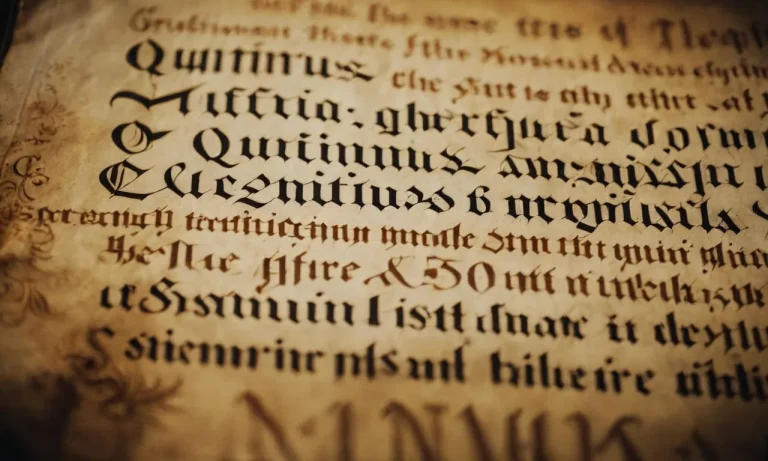Is Christian Mysticism Heresy? Examining The Debate
Throughout history, Christian mystics pursuing a deeper spiritual connection with God have been accused of heresy by some institutions and leaders. But is the mystical branch of Christianity truly unorthodox and heretical?
If you’re short on time, here’s a quick answer: While some aspects of mysticism have been controversial, most forms of Christian mysticism are accepted by mainstream denominations and align with core doctrines.
In this comprehensive guide, we’ll explore definitions of Christian mysticism, analyze myths and facts around mystical heresy claims, and examine the modern view of Christian mysticism across denominations.
Defining Christian Mysticism and Mystical Experiences
Christian mysticism is a spiritual tradition that has been practiced within the Christian faith for centuries. It is a path that seeks to deepen one’s relationship with God through direct experiences of the divine presence.
Mystical experiences, also known as contemplative or transcendent experiences, are characterized by a sense of union with God, a feeling of awe and wonder, and a deep sense of peace and joy.
In Christian mysticism, the ultimate goal is to achieve a state of union with God, often referred to as “divinization” or “theosis.” This union is believed to be attainable through various spiritual practices such as prayer, meditation, contemplation, and the cultivation of virtues like love, humility, and compassion.
The Controversy Surrounding Christian Mysticism
Despite its rich history and spiritual significance, Christian mysticism has been a subject of controversy and debate within the Church. Some argue that it is a valid and integral part of Christian spirituality, while others view it as heretical or dangerous.
Those who oppose Christian mysticism often raise concerns about its emphasis on personal experiences and subjective interpretations of divine encounters. They argue that mystical experiences can be easily manipulated or misinterpreted, leading individuals astray from orthodox Christian teachings.
On the other hand, proponents of Christian mysticism argue that it offers a deeper and more intimate connection with God, enhancing one’s faith and spiritual journey. They believe that mysticism can complement and enrich traditional religious practices, rather than contradicting or replacing them.
Historical Figures and Christian Mystic Traditions
Throughout history, there have been numerous Christian mystics who have contributed to the development of the mystical tradition. These individuals, such as St. John of the Cross, Teresa of Avila, and Meister Eckhart, have left behind a wealth of writings and teachings that continue to inspire and guide spiritual seekers today.
Christian mysticism is not limited to a specific denomination or branch of Christianity. It can be found within Catholicism, Eastern Orthodoxy, Protestantism, and even in non-denominational Christian communities.
Each tradition may have its unique perspectives and practices, but they all share a common goal of seeking a deeper communion with God.
Historical Accusations of Mystical Heresy
The debate surrounding Christian mysticism and its status as heresy has a long and complex history. Throughout the centuries, various religious authorities and theologians have accused mystical practices of deviating from established doctrines and teachings.
These accusations were often rooted in concerns about the potential dangers of personal experiences and direct encounters with the divine.
Early Christian Period
In the early Christian period, some individuals who engaged in mystical practices were labeled as heretics. The Gnostics, for example, were a group of early Christians who sought direct knowledge of God through spiritual experiences and revelations.
However, their beliefs and practices were considered heretical by the mainstream church, leading to their exclusion from orthodox Christianity.
Similarly, the Montanists, a Christian movement in the 2nd century, emphasized the importance of direct inspiration from the Holy Spirit. They believed in ongoing revelation and ecstatic experiences, which were seen as a threat to the authority of the church.
As a result, they too were accused of heresy and faced persecution.
The Middle Ages
In the Middle Ages, the accusations of heresy against Christian mysticism continued. Mystics such as Meister Eckhart and Marguerite Porete faced condemnation for their radical teachings and emphasis on the direct experience of God.
Eckhart, a German theologian and mystic, was accused of pantheism and was posthumously declared a heretic by the Catholic Church. Porete, a French mystic, was burned at the stake for her book “The Mirror of Simple Souls,” which was deemed heretical.
The Catholic Church’s response to mysticism during this period was influenced by concerns over the potential for unorthodox teachings and the need for institutional control. Despite these accusations, however, many mystics and their writings continued to inspire and influence Christian spirituality throughout the centuries.
Modern Perspectives
In modern times, the debate surrounding Christian mysticism has evolved. While some still view mystical practices as heretical, others argue for their compatibility with traditional Christian theology.
Many theologians and scholars now recognize the importance of mystical experiences in deepening one’s relationship with God and understanding the mysteries of faith.
It is worth noting that the term “mysticism” itself has evolved and can encompass a wide range of experiences and practices. The mystical traditions within Christianity, such as the writings of St. John of the Cross and St. Teresa of Avila, are now widely respected and studied as valuable contributions to Christian spirituality.
While the accusations of heresy against Christian mysticism have persisted throughout history, it is important to approach this debate with an open mind and a willingness to explore the rich diversity of spiritual experiences within the Christian tradition.
Facts vs Myths About Mystics and Orthodoxy
When it comes to the topic of Christian mysticism, there are often heated debates regarding its compatibility with orthodox Christian beliefs. While some view mystics as heretics, others see them as individuals who have a deep and profound connection with God.
To shed light on this ongoing debate, let’s explore some of the facts and myths surrounding mystics and orthodoxy.
Myth: Mystics are Antithetical to Orthodox Christianity
One common misconception about mystics is that their practices and beliefs are completely at odds with orthodox Christianity. However, this is not entirely true. While it is true that mystics may engage in unconventional spiritual practices, such as contemplative prayer, meditation, or seeking direct experiences of God’s presence, these practices do not necessarily contradict the core tenets of Christianity.
In fact, many renowned Christian mystics, such as St. John of the Cross or St. Teresa of Avila, have been recognized as saints in the Catholic Church and have made significant contributions to Christian theology.
Fact: Mysticism Has Deep Historical Roots within Christianity
Contrary to popular belief, mysticism has a long and rich history within the Christian tradition. From the desert fathers and mothers of the early Church to the medieval mystics and the contemplative orders of today, mysticism has played a significant role in shaping Christian spirituality.
The writings and teachings of mystics have often served as a source of inspiration for believers seeking a deeper understanding of their faith. It is important to acknowledge that mysticism is not a foreign import but rather an integral part of the Christian heritage.
Myth: Mystics Rely Solely on Personal Revelations
Another common misconception is that mystics rely solely on personal revelations and subjective experiences, disregarding the authority of Scripture and the teachings of the Church. While it is true that mystics often emphasize the importance of personal encounters with the divine, they do not reject the importance of Scripture or Church tradition.
In fact, many mystics have been deeply rooted in the Scriptures and have sought to align their experiences with the teachings of the Church. Mysticism, at its core, is about seeking a deeper union with God, and this union is understood within the context of the Christian faith.
Fact: Mystics Emphasize a Union with God
One of the central themes in Christian mysticism is the idea of union with God. Mystics seek to cultivate a profound and intimate relationship with the divine, often through practices such as contemplation, prayer, and self-emptying.
This desire for union with God is not inherently heretical but rather reflects a deep longing for a closer connection with the divine. Mystics believe that this union is not only attainable but also desirable for all believers, as it leads to a deeper understanding of God’s love and a transformation of the self.
Myth: Mystics Reject the Importance of Doctrine and Dogma
It is often assumed that mystics are indifferent or even hostile towards theological doctrine and dogma. However, this is a misrepresentation of their beliefs. While mystics may prioritize the experiential aspect of faith, they do not reject the importance of theological teachings or Church dogmas.
In fact, many mystics have made significant contributions to theological thought, offering profound insights into the nature of God, the human condition, and the relationship between the two. Mystics understand that doctrine and dogma provide a framework for understanding and interpreting their experiences, and they seek to integrate their mystical encounters with the teachings of the Church.
Perspectives on Mysticism in Modern Christianity
Mysticism in modern Christianity is a topic that sparks a heated debate among theologians, scholars, and believers. While some view Christian mysticism as a meaningful and valid spiritual practice, others consider it to be heretical and incompatible with orthodox Christian teachings.
Let’s explore the various perspectives on this controversial subject.
1. Mysticism as a Deepening of Faith
One perspective sees Christian mysticism as a legitimate and enriching aspect of the Christian faith. Proponents of this view argue that mysticism allows individuals to experience a deeper connection with God through contemplative practices, such as meditation, prayer, and silence.
They believe that mysticism can lead to a more profound understanding of God’s presence and a closer relationship with Him.
According to the proponents, mysticism is not a departure from orthodox Christianity but rather a way to enhance one’s faith. They argue that many Christian mystics throughout history, such as St. Teresa of Avila and St. John of the Cross, have contributed valuable insights and teachings that align with the core principles of Christianity.
2. Mysticism as a Distortion of Orthodox Christianity
On the other hand, there are those who view Christian mysticism as heretical and incompatible with orthodox Christian beliefs. They argue that mysticism often involves practices and beliefs that go beyond the boundaries established by traditional Christianity.
Critics of mysticism claim that it can lead to a subjective and individualistic approach to spirituality, potentially undermining the authority of Scripture and the teachings of the Church.
These critics argue that Christian mysticism can sometimes embrace elements from non-Christian religions or New Age spirituality, which they consider to be contrary to Christian doctrine. They believe that the focus should be on the objective truths found in Scripture and the teachings of the Church, rather than personal experiences or mystical encounters.
3. Finding a Balanced Approach
While the debate on Christian mysticism continues, some theologians propose a balanced approach that acknowledges the potential benefits of mysticism while also remaining grounded in orthodox Christianity.
They argue that mysticism, when practiced within the boundaries established by Scripture and Church teachings, can be a valuable tool for spiritual growth.
These proponents advocate for discernment and accountability in mysticism, encouraging individuals to seek guidance from trusted spiritual mentors and to ensure that their experiences align with the teachings of the Bible.
They emphasize the importance of maintaining a strong foundation in orthodox Christianity while exploring the contemplative aspects of the faith.
Ultimately, the question of whether Christian mysticism is heresy or a legitimate spiritual practice is subjective and depends on one’s theological perspective. It is important for individuals to prayerfully consider their own beliefs and seek wisdom from trusted sources, such as pastors, scholars, and theologians, when navigating this complex topic.
Conclusion
While mysticism has sometimes been misunderstood as heretical, the vast majority of Christian mystical practices align with scripture and doctrine. As experiences of God, Christian mysticism can deepen faith for many believers.
Overall, it is difficult to make broad claims labeling all mysticism as heretical. Discernment is needed, but Christian mysticism has much to offer modern believers seeking a profound connection with the divine.








